For many potential dog owners, the amount of drool a breed produces can be a significant factor in deciding which pet to bring into their home. While drooling is a natural part of dog physiology, related to their feeding habits and the anatomy of their mouths, some breeds are less prone to drooling than others. Dogs with tight lips and smaller jowls tend to drool less because they can better contain saliva inside their mouths compared to breeds with looser lips and larger jowls. For those who prefer a tidier companion or may have sensitivities to saliva, considering a breed that drools less might be a priority. This article highlights 10 dog breeds known for their minimal drooling, making them ideal candidates for individuals seeking a relatively drool-free pet.
1. Basenji
The Basenji, often known as the “barkless dog,” is also one of the breeds that drool the least. This small to medium-sized hound is known for its tightly curled tail and expressive face. Originating from Central Africa, the Basenji was bred for hunting and has a cat-like demeanor, including its grooming habits. Its dry mouth is attributed to the breed’s tight lips, which prevent excessive drooling. Basenjis are ideal for owners who prefer a clean, quiet, and independent dog. However, their high energy levels and intelligence require regular mental and physical stimulation.
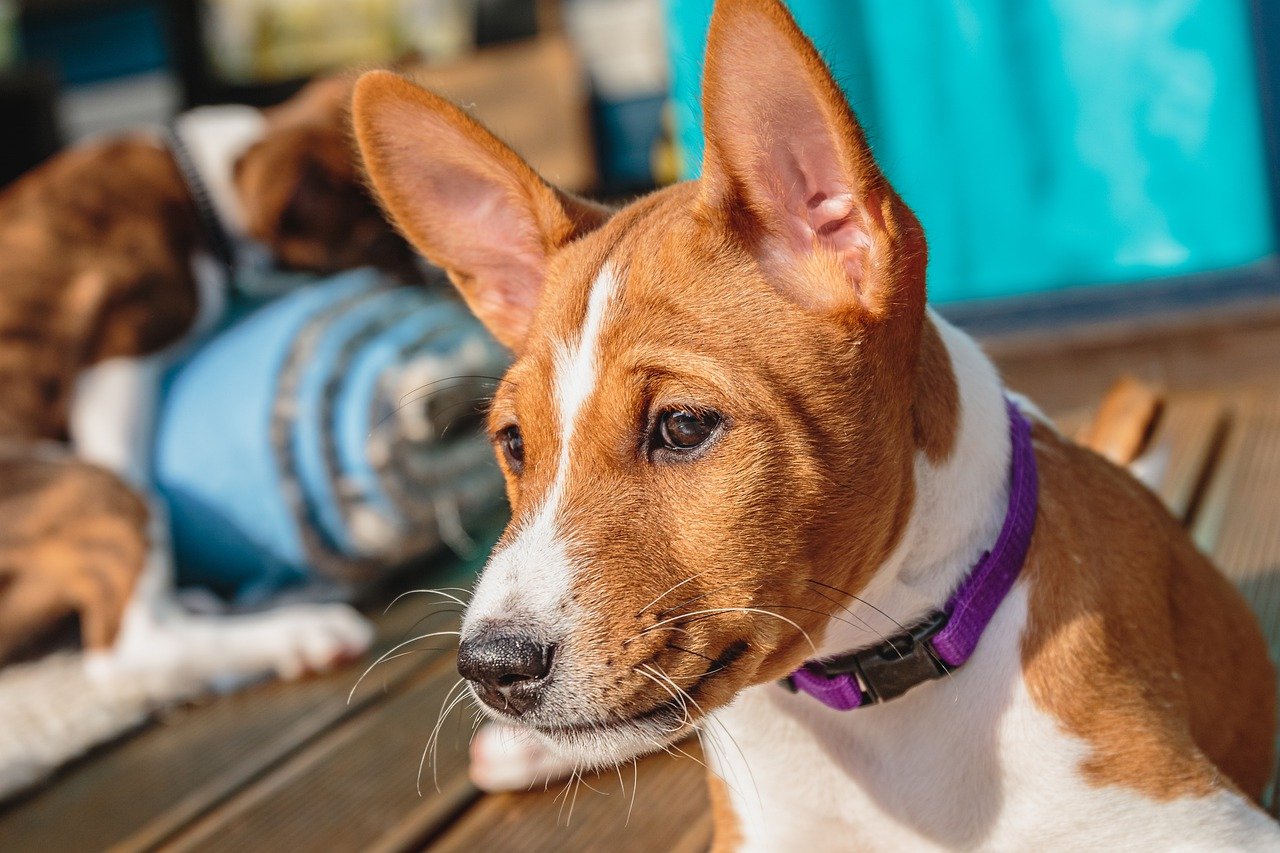
2. Dachshund
Dachshunds are another breed that tends to keep their saliva to themselves. This small, long-bodied breed, often called a “wiener dog,” has a curious nature and a lively disposition. Dachshunds were originally bred in Germany to hunt small underground games such as badgers. Their mouth structure does not predispose them to drooling, making them a suitable choice for owners looking for a pet that maintains a cleaner mouth. Dachshunds come in three coat types—smooth, long-haired, and wire-haired—all of which share the trait of minimal drooling.

3. Chihuahua
Chihuahuas are well-known for their diminutive size and big personality. As one of the smallest dog breeds, they are also among those that drool the least. This breed’s mouth structure does not lend itself to drooling, which complements their preference for being a clean and tidy lap dog. Chihuahuas are ideal for apartment living or in homes where a small, low-maintenance dog is desired. Despite their size, they often have a bold and confident nature, requiring proper training and socialization to manage their sometimes feisty personality.
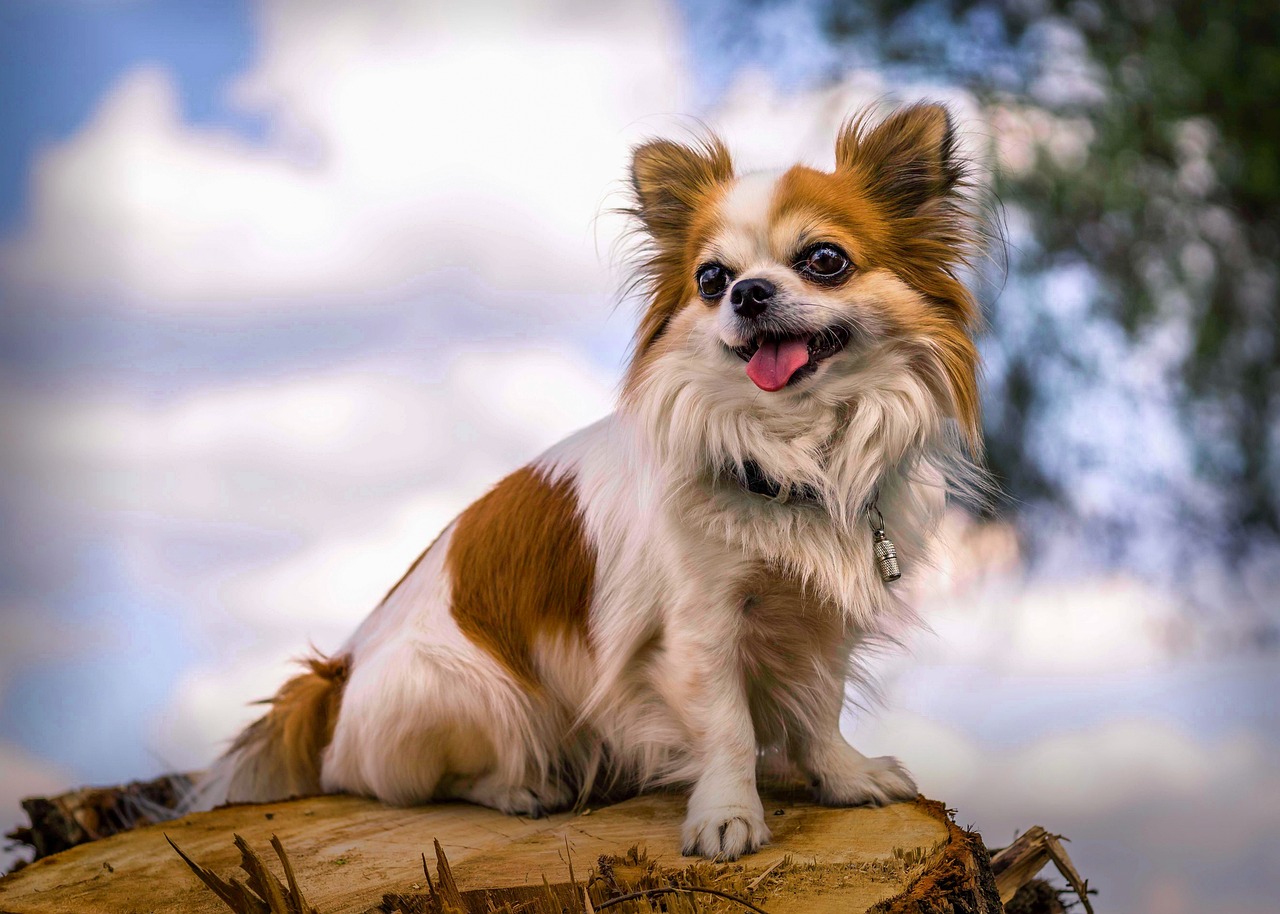
4. Greyhound
Greyhounds, famous for their incredible speed and graceful appearance, are also minimal droolers. This breed’s slim, aerodynamic head shape and tight lips help keep drooling at bay. Greyhounds are surprisingly low-energy indoors, often described as “couch potatoes,” and their clean habits extend to their drooling. They make excellent pets for families or individuals who enjoy a quiet, gentle companion that maintains a clean demeanor.
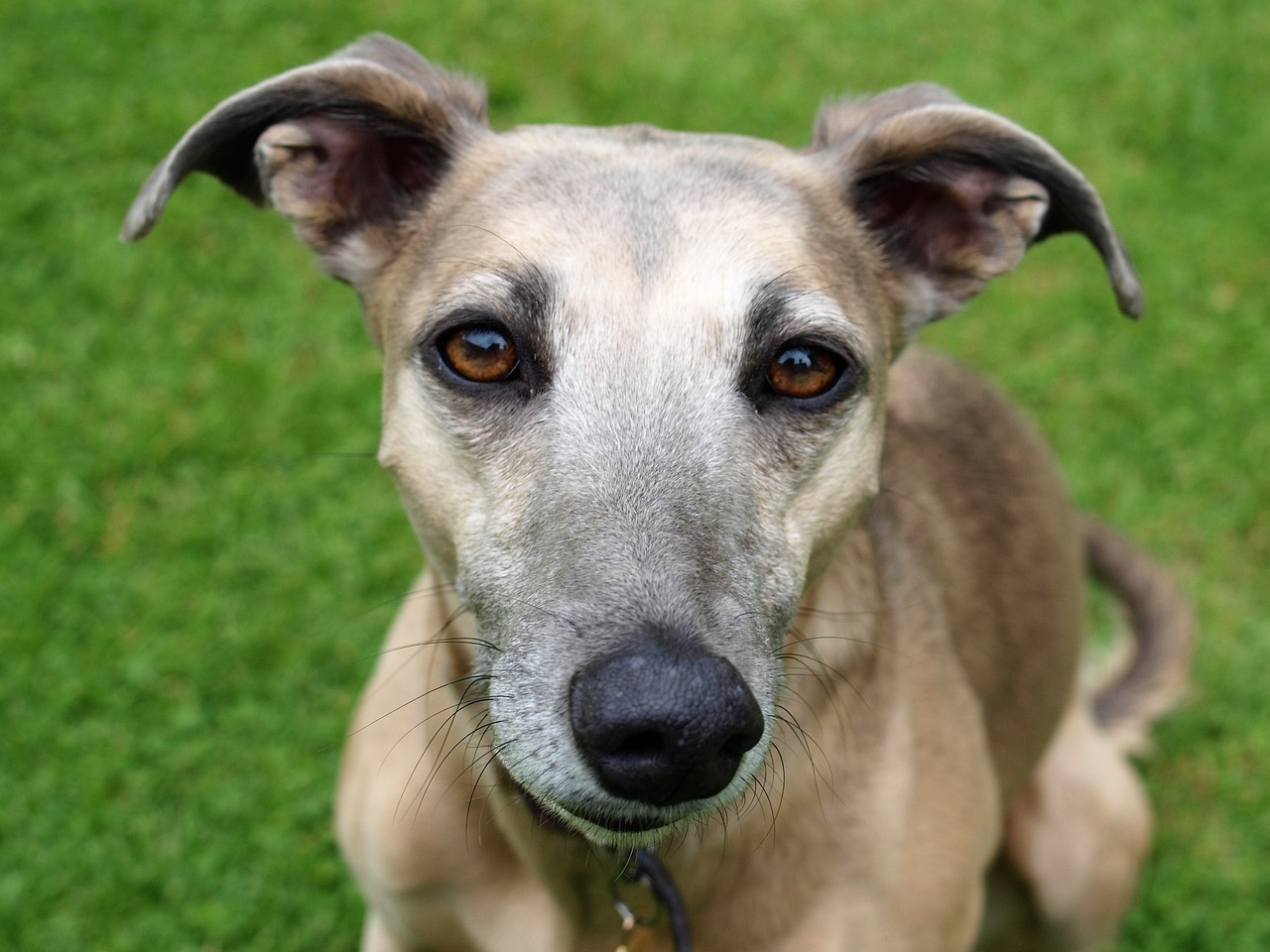
5. Poodle
Poodles come in three sizes—standard, miniature, and toy—but all share the characteristic of low drooling. Known for their intelligence and hypoallergenic coats, Poodles are one of the most popular breeds in the world. Their mouth conformation does not typically lead to drooling, making them an excellent choice for owners who need a clean, smart, and active dog. Poodles excel in obedience and agility sports, requiring regular mental and physical activity to keep them happy and healthy.
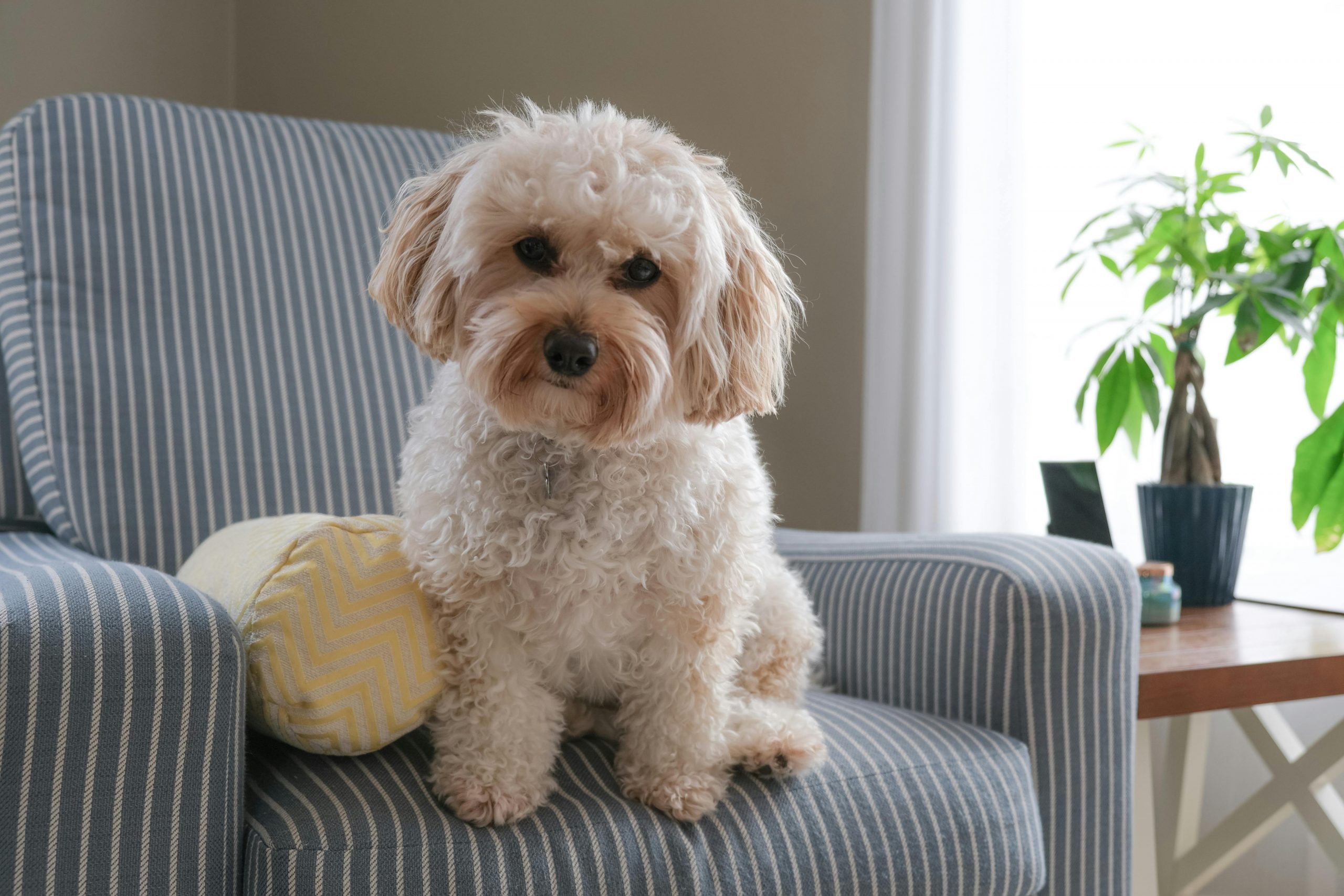
6. Whippet
Whippets are medium-sized dogs that resemble their larger cousin, the Greyhound, and share their low drooling trait. Known for their speed and friendly nature, Whippets have tight lips and a refined head structure that prevents excessive saliva from escaping their mouths. They are affectionate and playful, making them great family pets, especially for those who appreciate a clean and moderately active dog.

7. Shiba Inu
The Shiba Inu, originally from Japan, is a small but spirited breed that is known for its fox-like appearance and tidy habits, including minimal drooling. Shibas are independent and reserved, often aloof with strangers but loyal to their families. Their mouth structure does not promote drooling, which suits their clean, meticulous nature. Shiba Inus require early socialization and consistent training to manage their strong personalities.

8. Boston Terrier
Boston Terriers are American breeds known for their tuxedo-like black and white coat and distinctive square head. Despite their brachycephalic (short-headed) nature, they are not prone to drooling thanks to their relatively tight lip structure. Boston Terriers are friendly, easygoing pets that get along well with children and other animals, making them ideal family dogs for those who prefer a less slobbery companion.

9. Welsh Corgi
Welsh Corgis, which include both the Pembroke and Cardigan varieties, are low to the ground and known for their elongated bodies and perky demeanor. These herding dogs are intelligent and active, and their mouth anatomy does not typically lead to excessive drooling. Corgis are suitable for various types of homes, including apartments, as long as they receive sufficient exercise and mental stimulation.
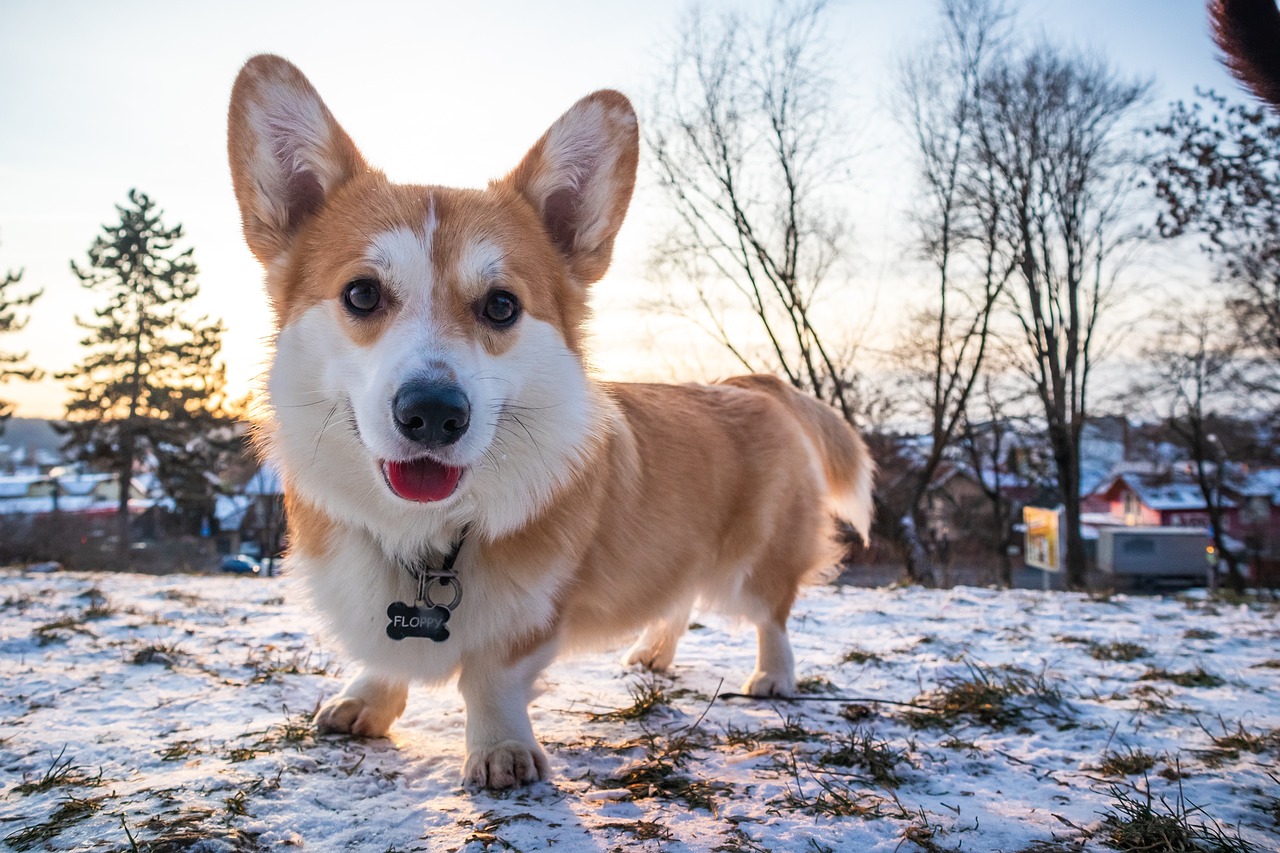
10. Bichon Frise
The Bichon Frise is a small breed known for its friendly disposition and puffy white coat. Bichons are cheerful and do not drool much due to their small mouths and tight lips. They are excellent companions for families and seniors alike, offering affectionate behavior without the messiness of excessive drooling. Their coat requires regular grooming to maintain its fluffy appearance.
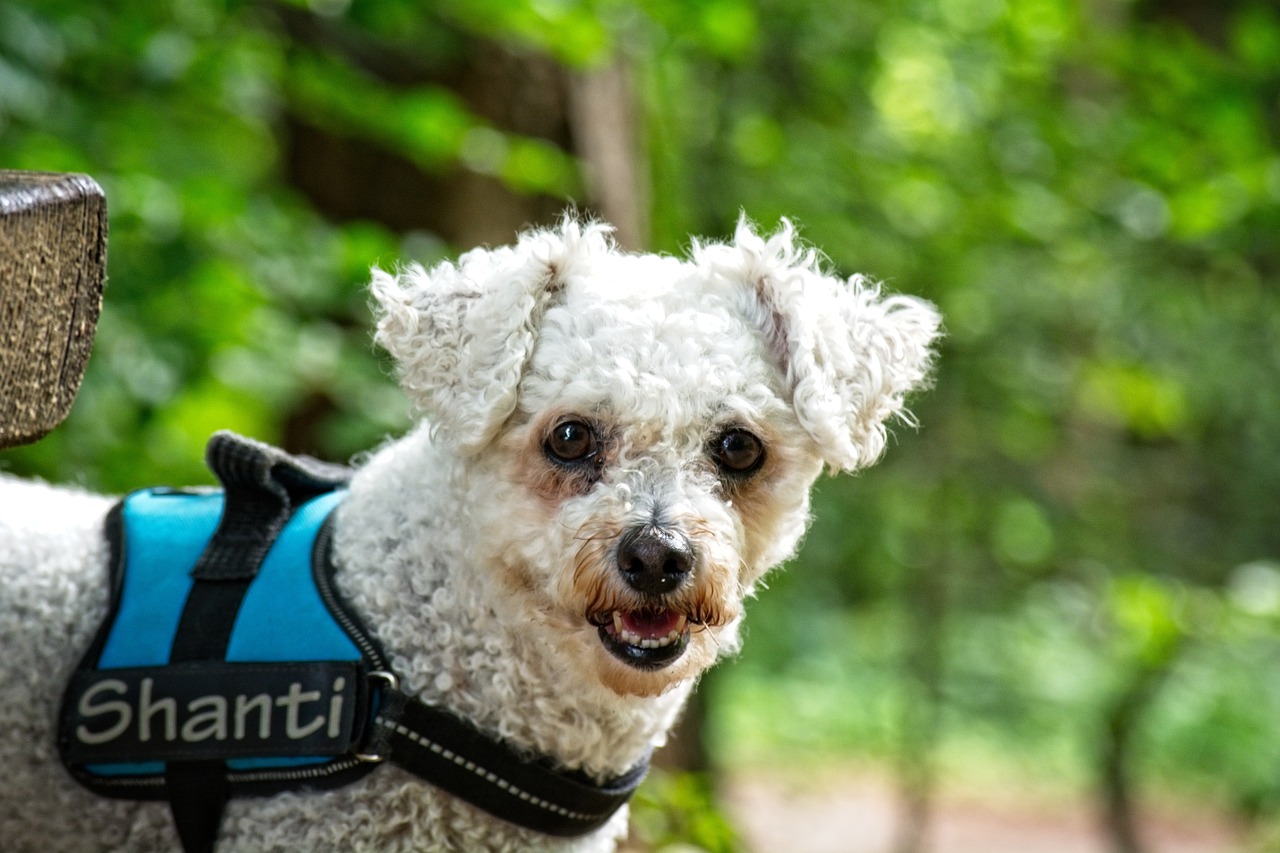
In summary, while drooling can be a deal-breaker for some potential dog owners, several breeds combine the joys of pet ownership with cleaner, drier habits. These 10 breeds are ideal for those who prefer to minimize the messiness that can come with owning a dog, providing options across a variety of sizes, energy levels, and personalities. Each of these breeds has unique qualities that make them wonderful companions, proving that you don’t have to deal with excessive drool to enjoy the many benefits of dog ownership.

 2 weeks ago
11
2 weeks ago
11



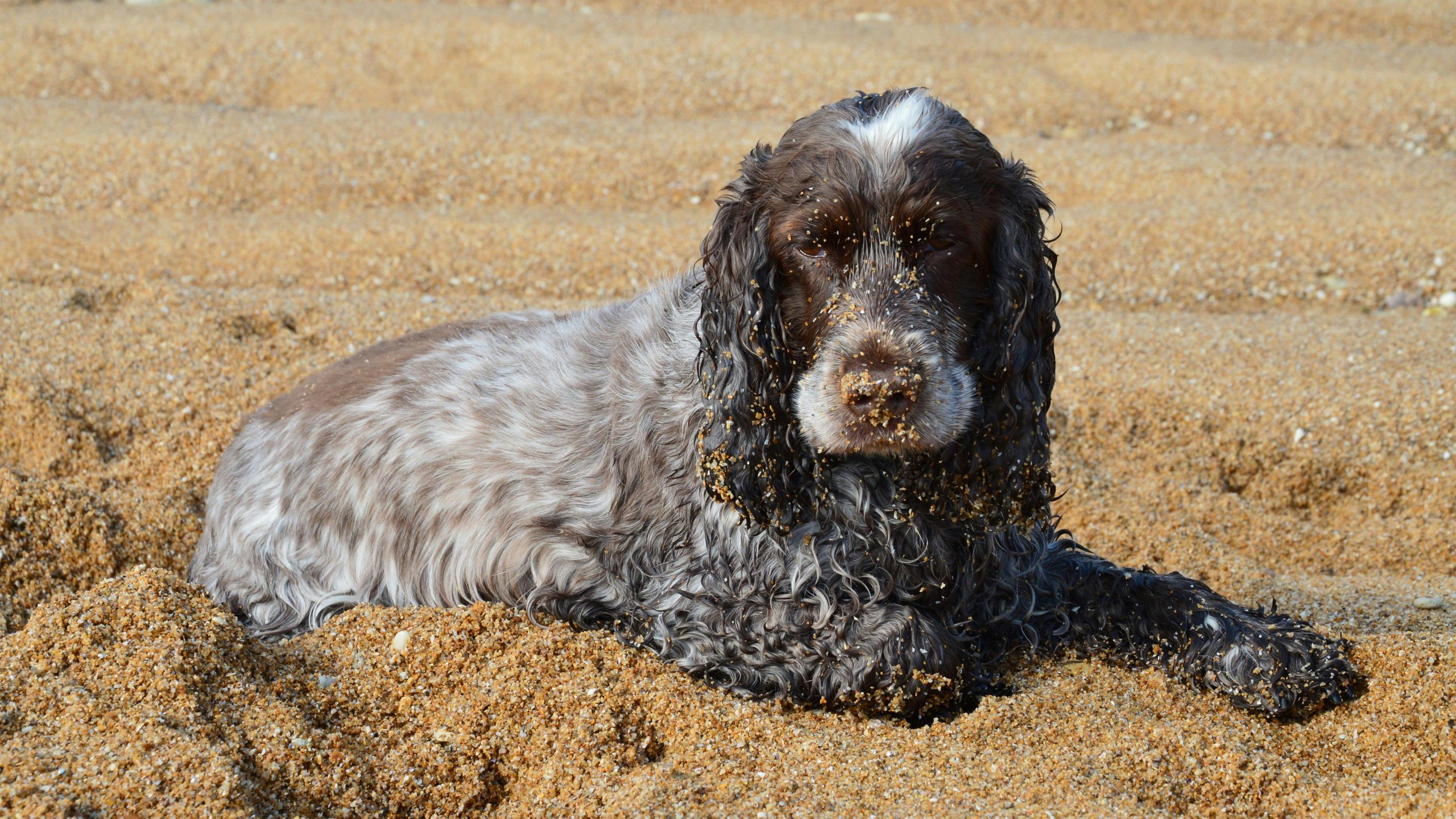
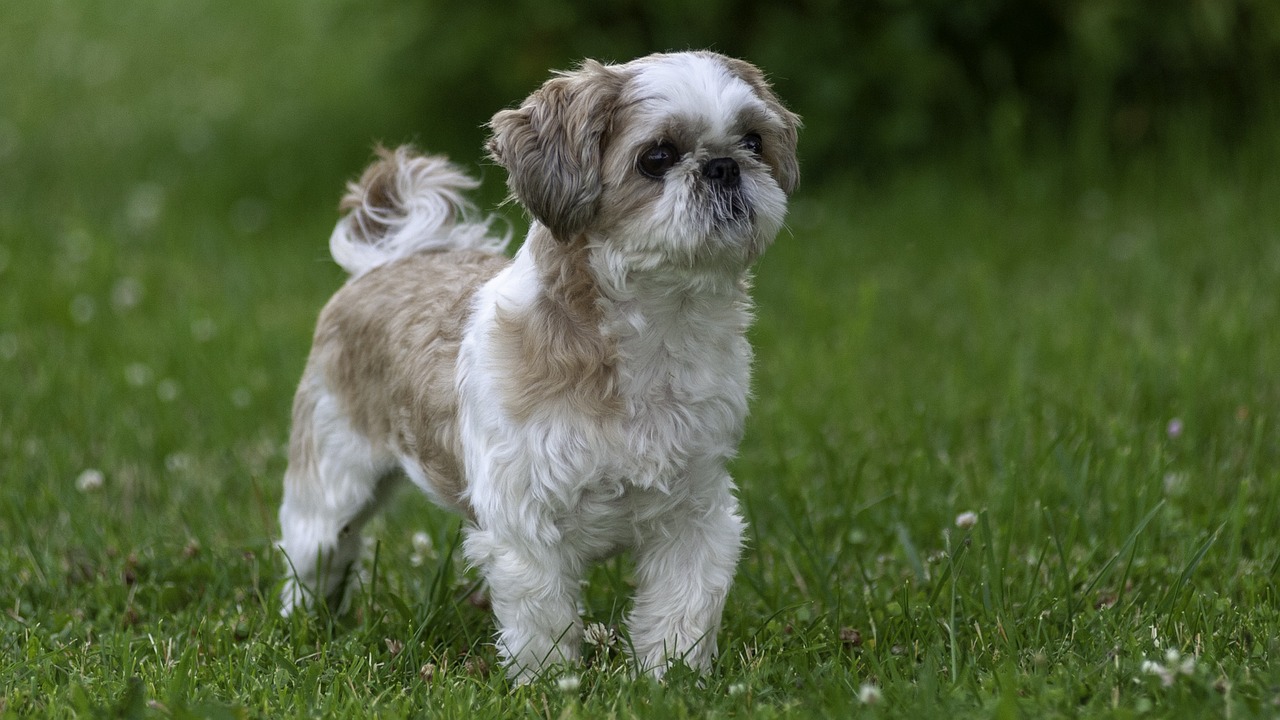
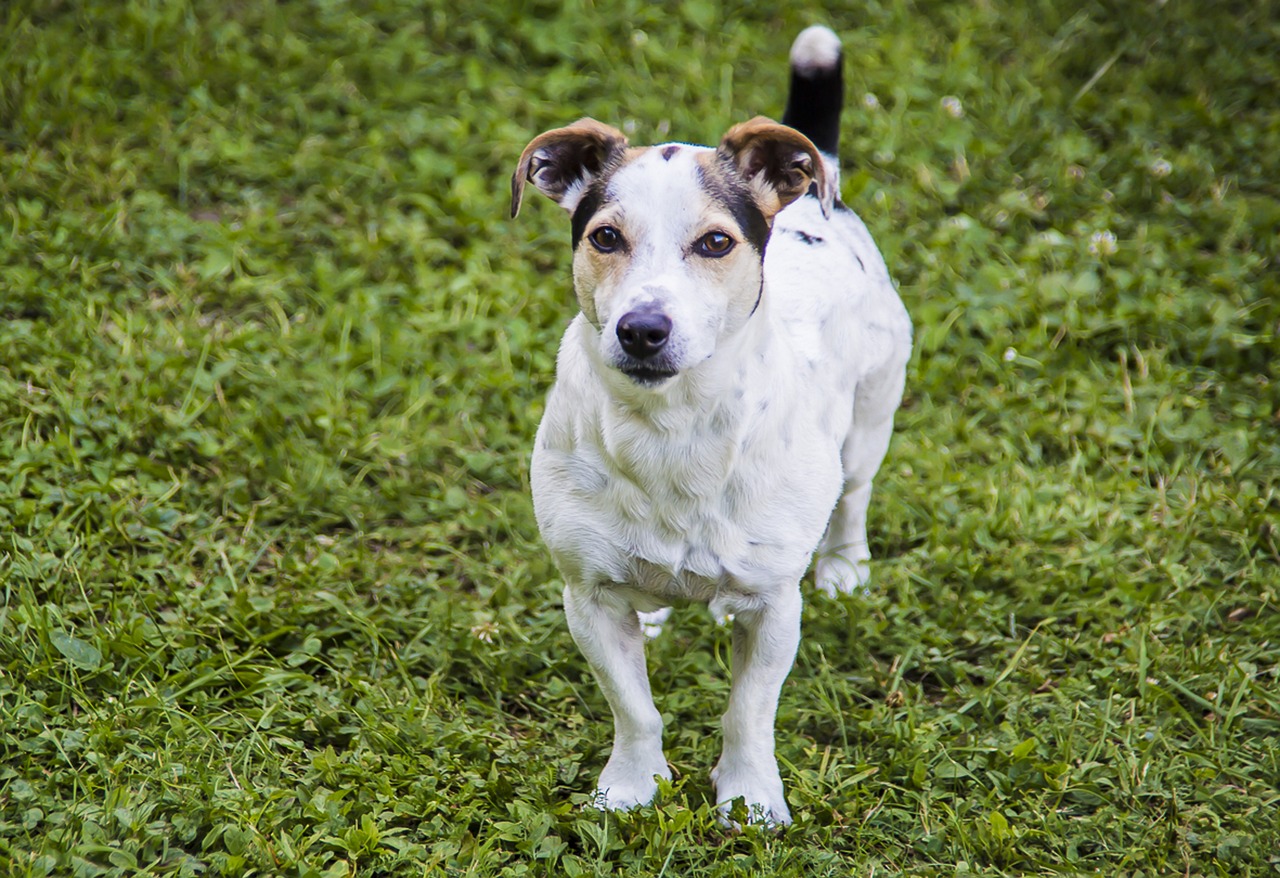
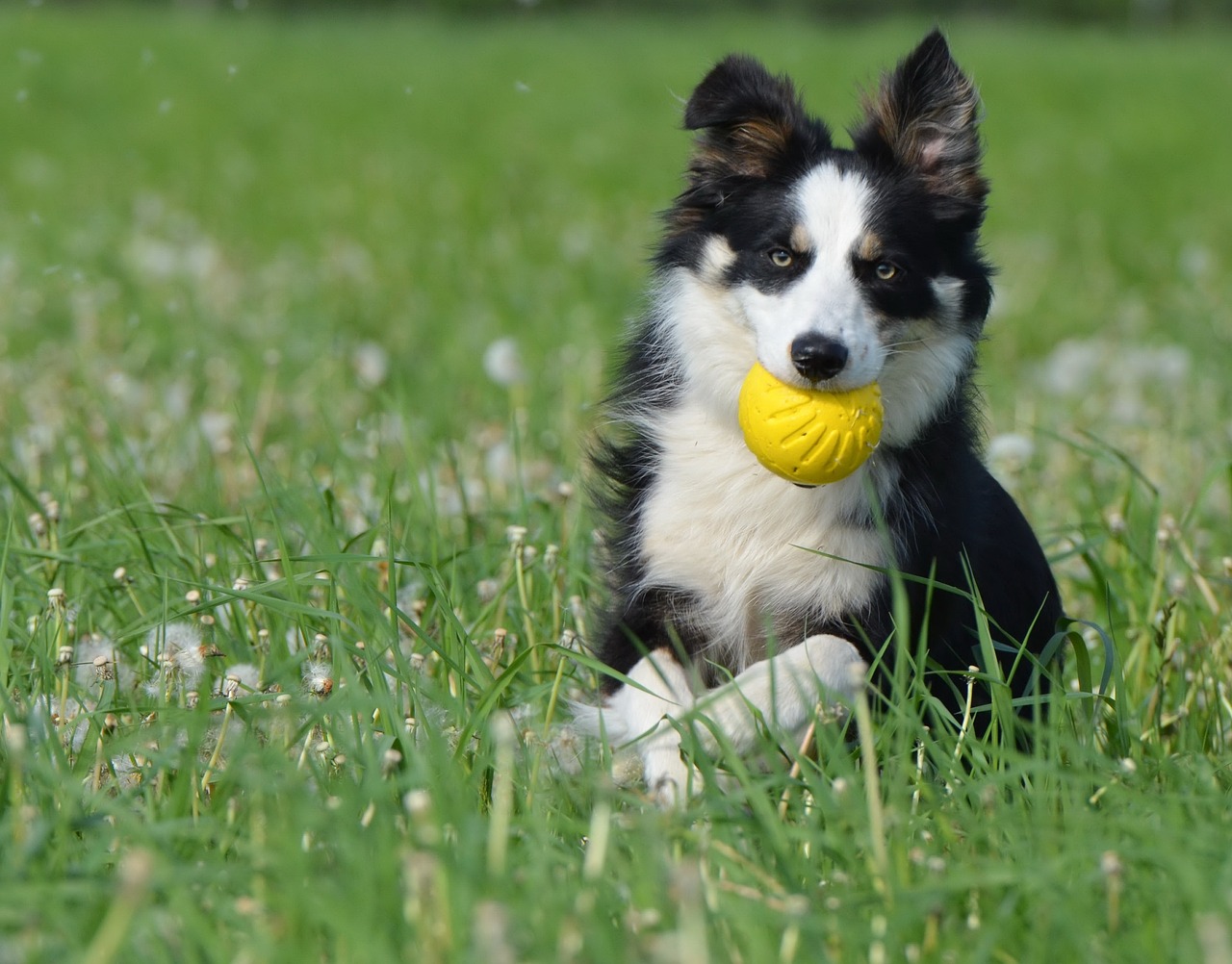
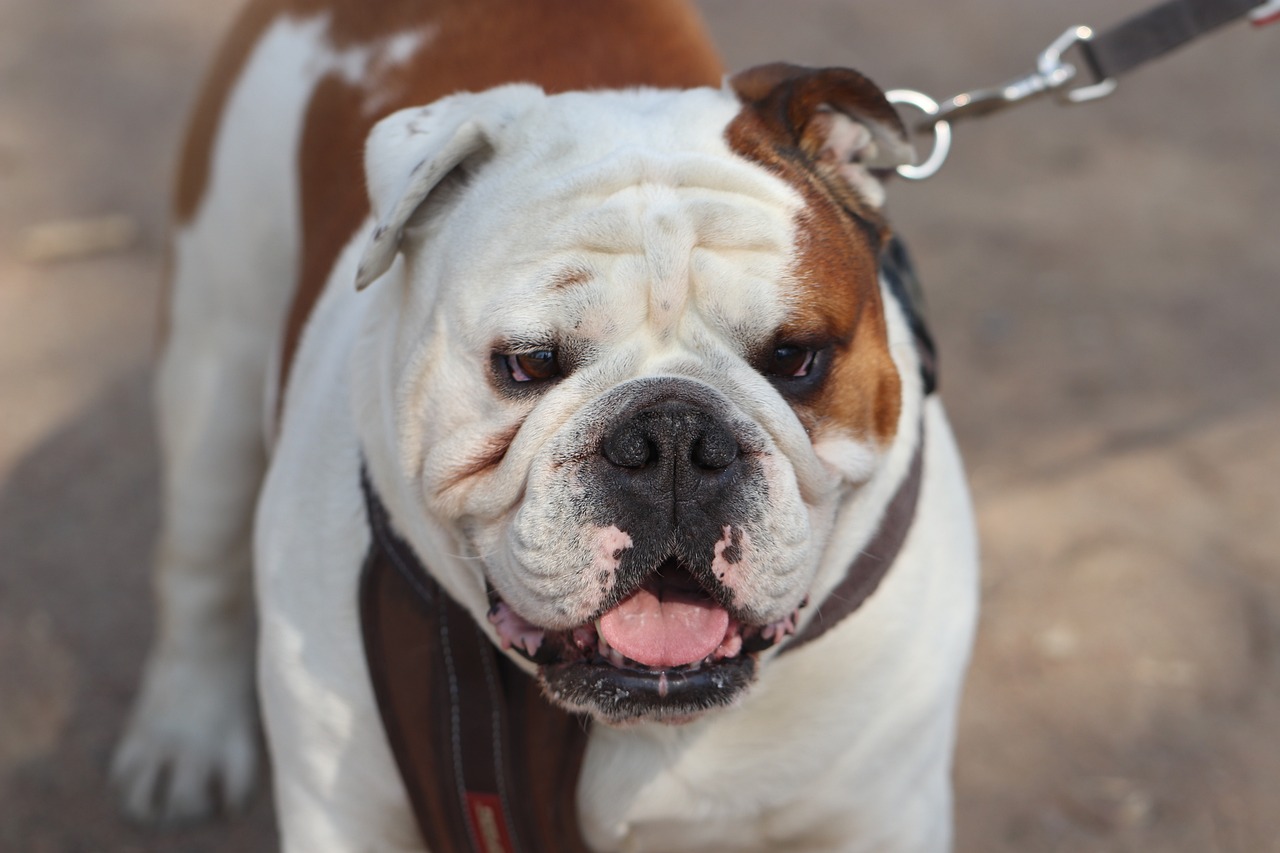
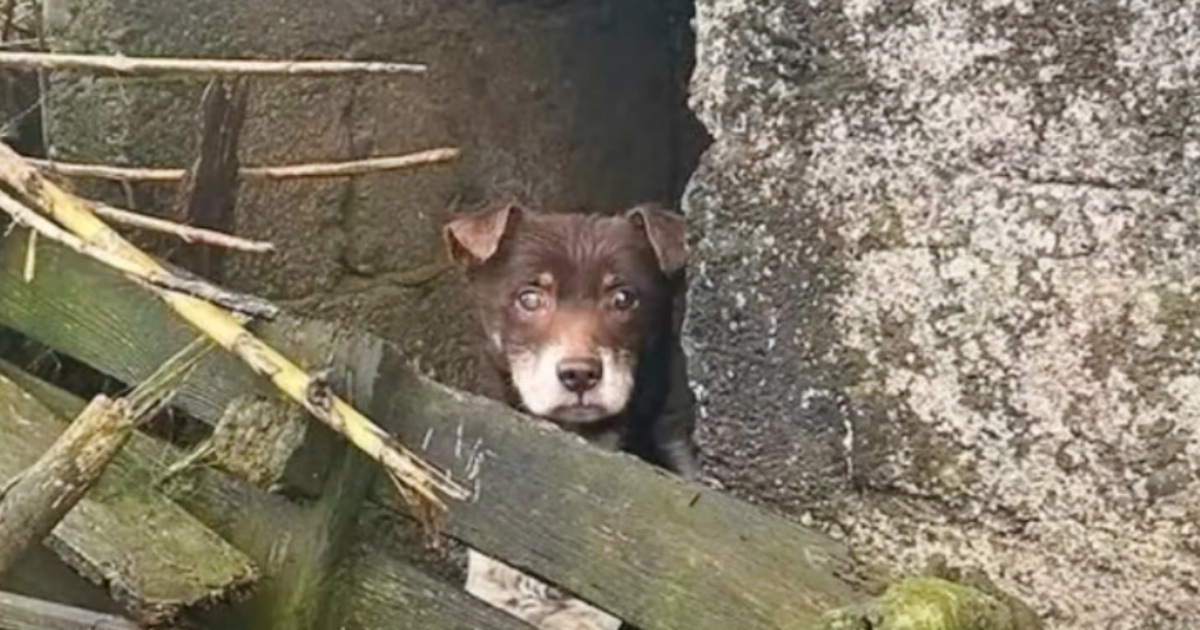
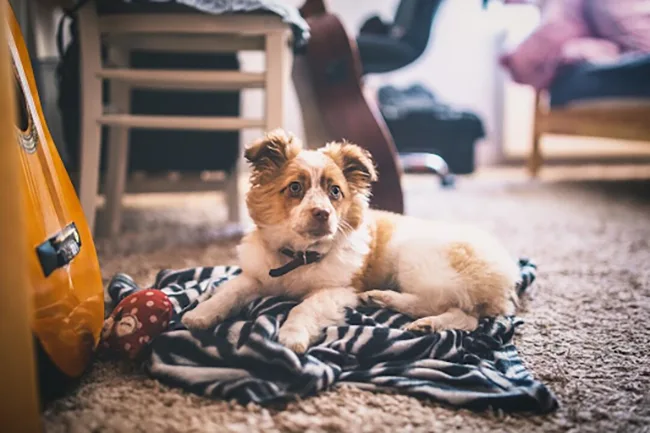
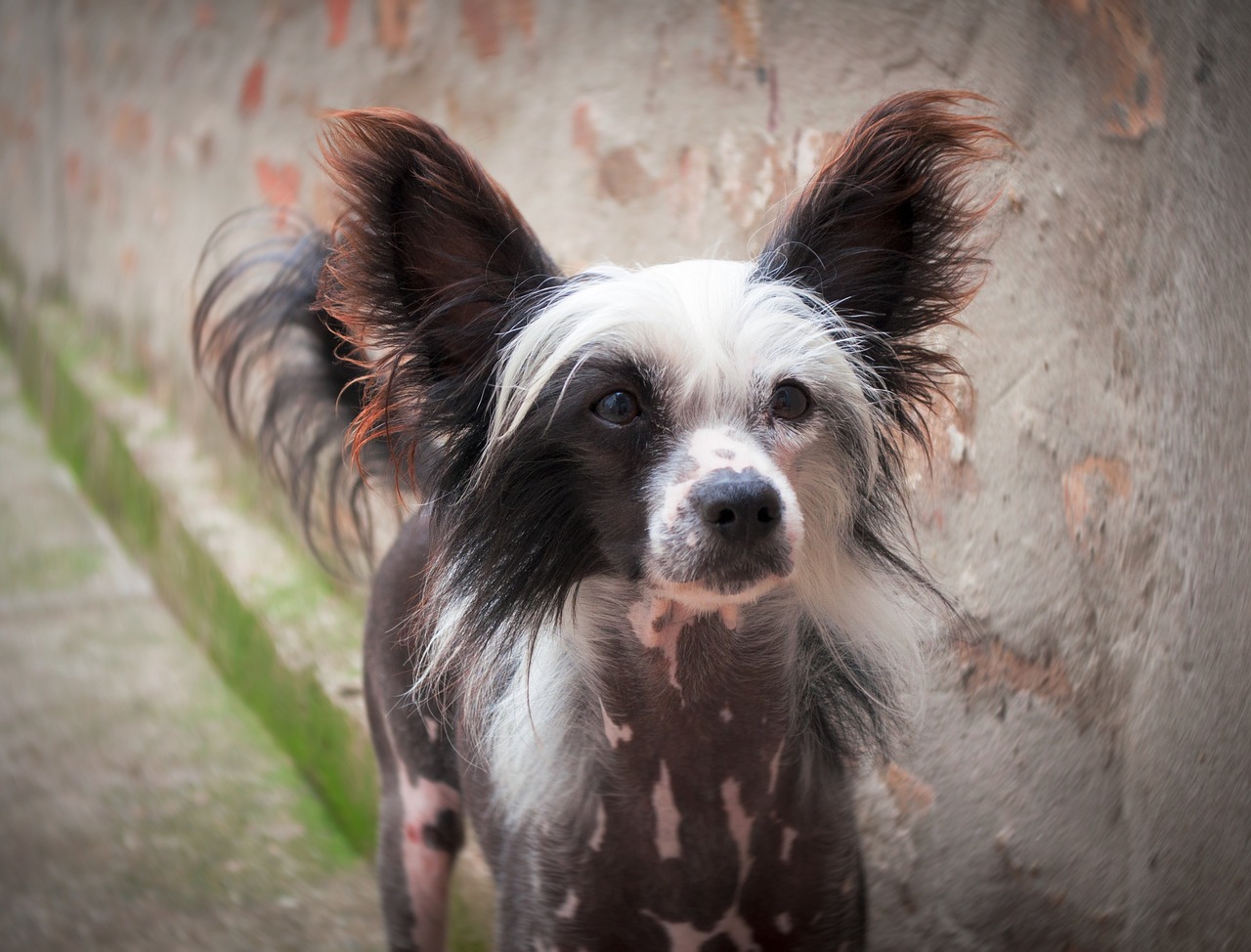

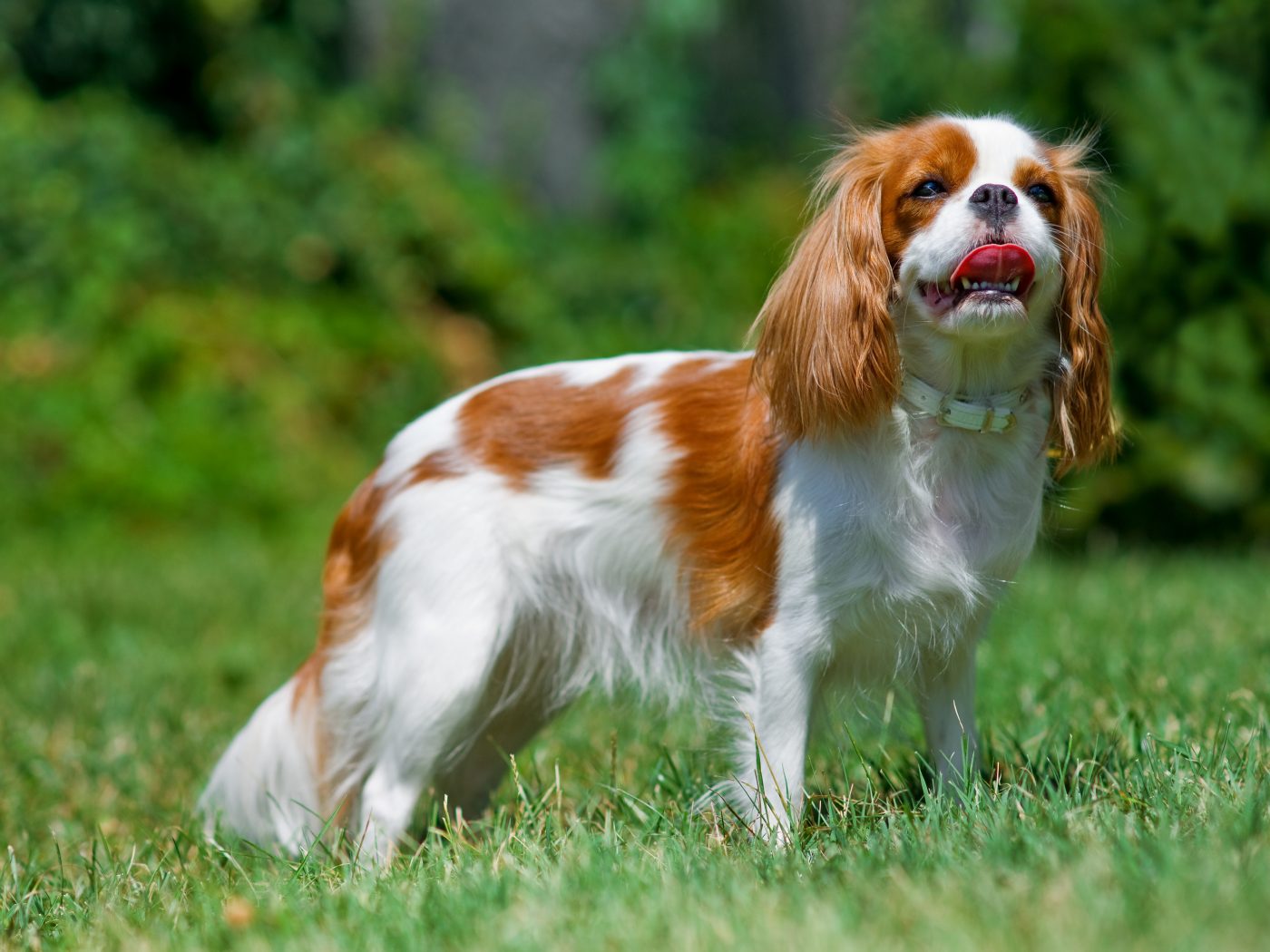
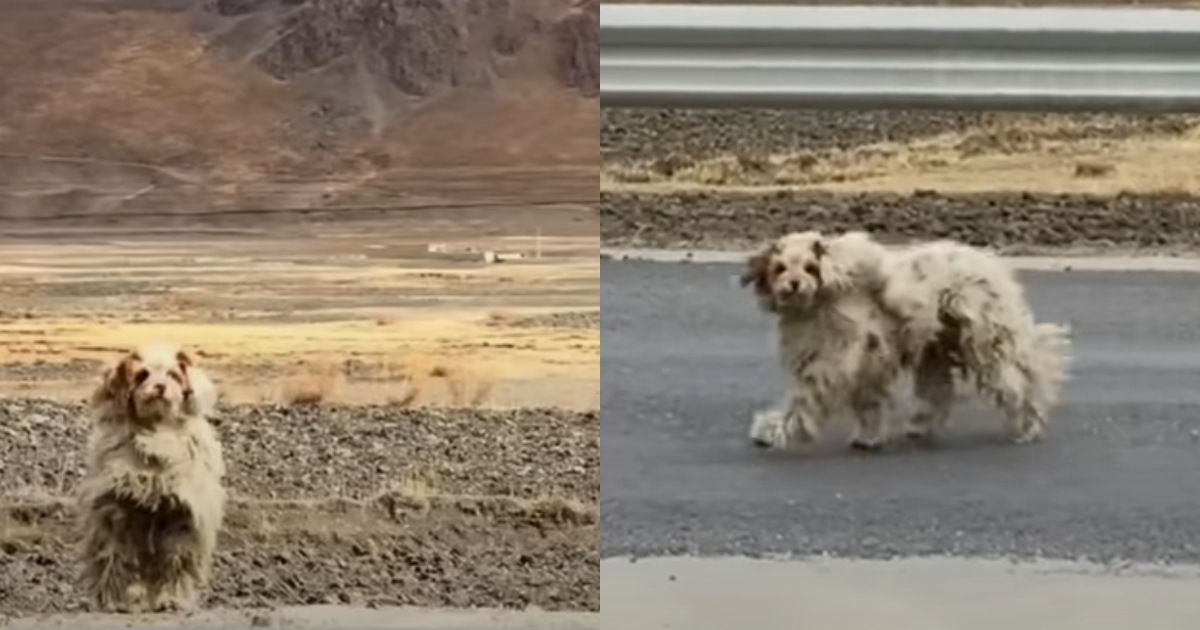

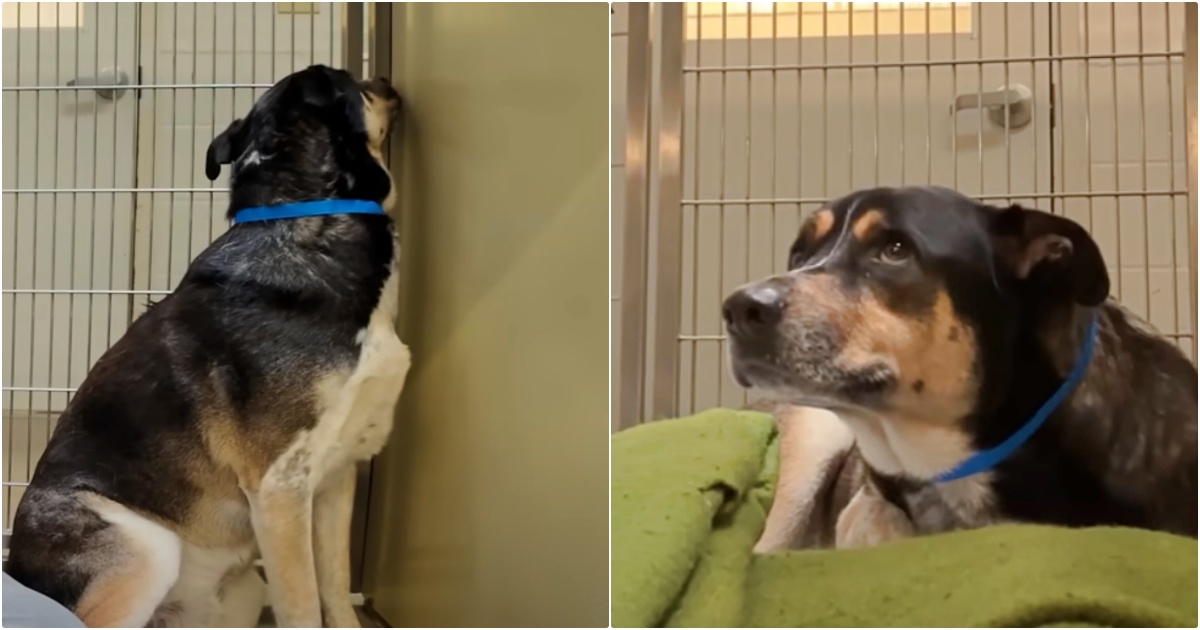
![Cost of a Borzoi Puppy by US Region [2024]](https://iheartdogs.com/wp-content/uploads/2024/04/borzoi-4950553_1280.jpg)
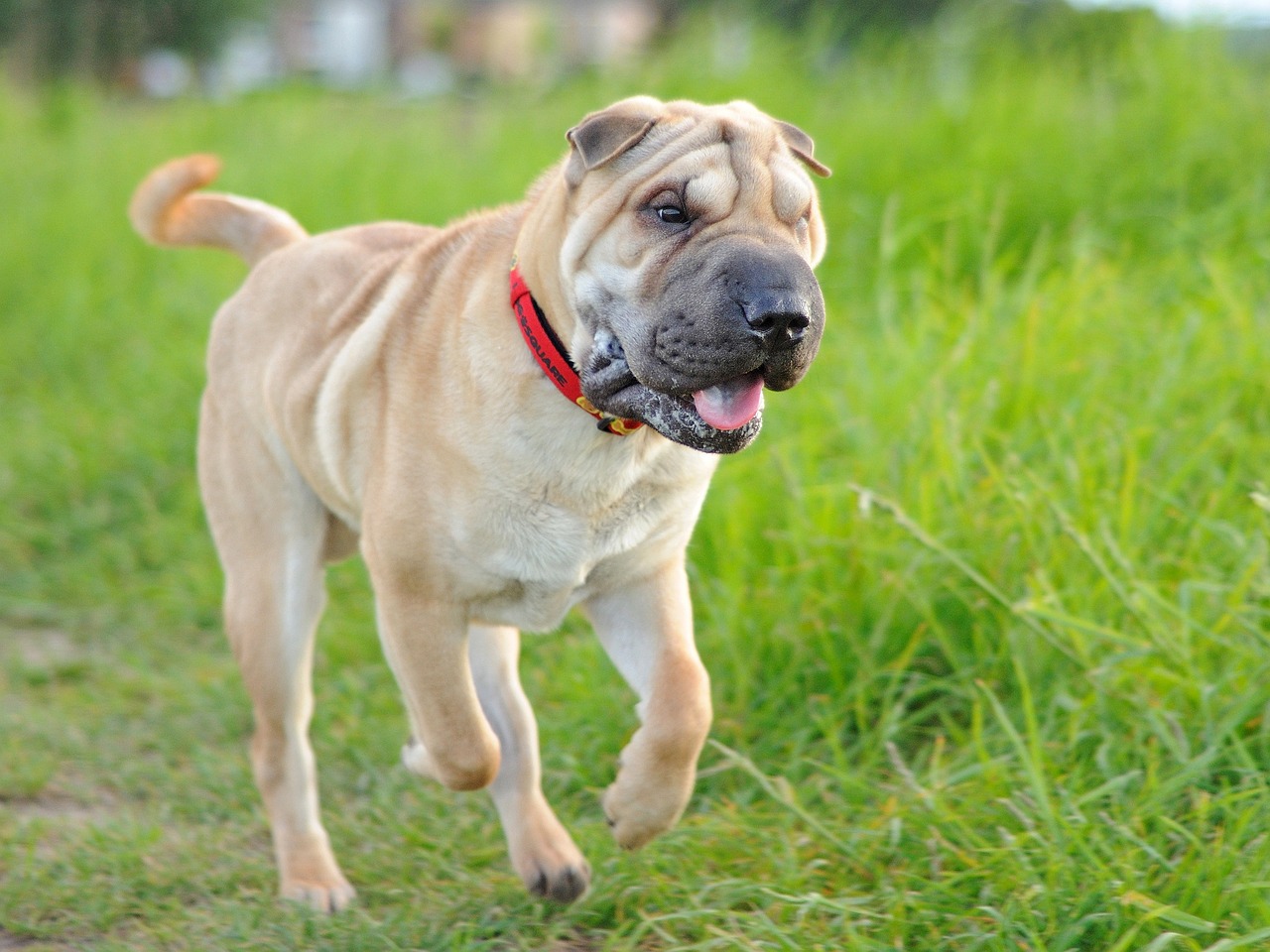
 English (US) ·
English (US) ·